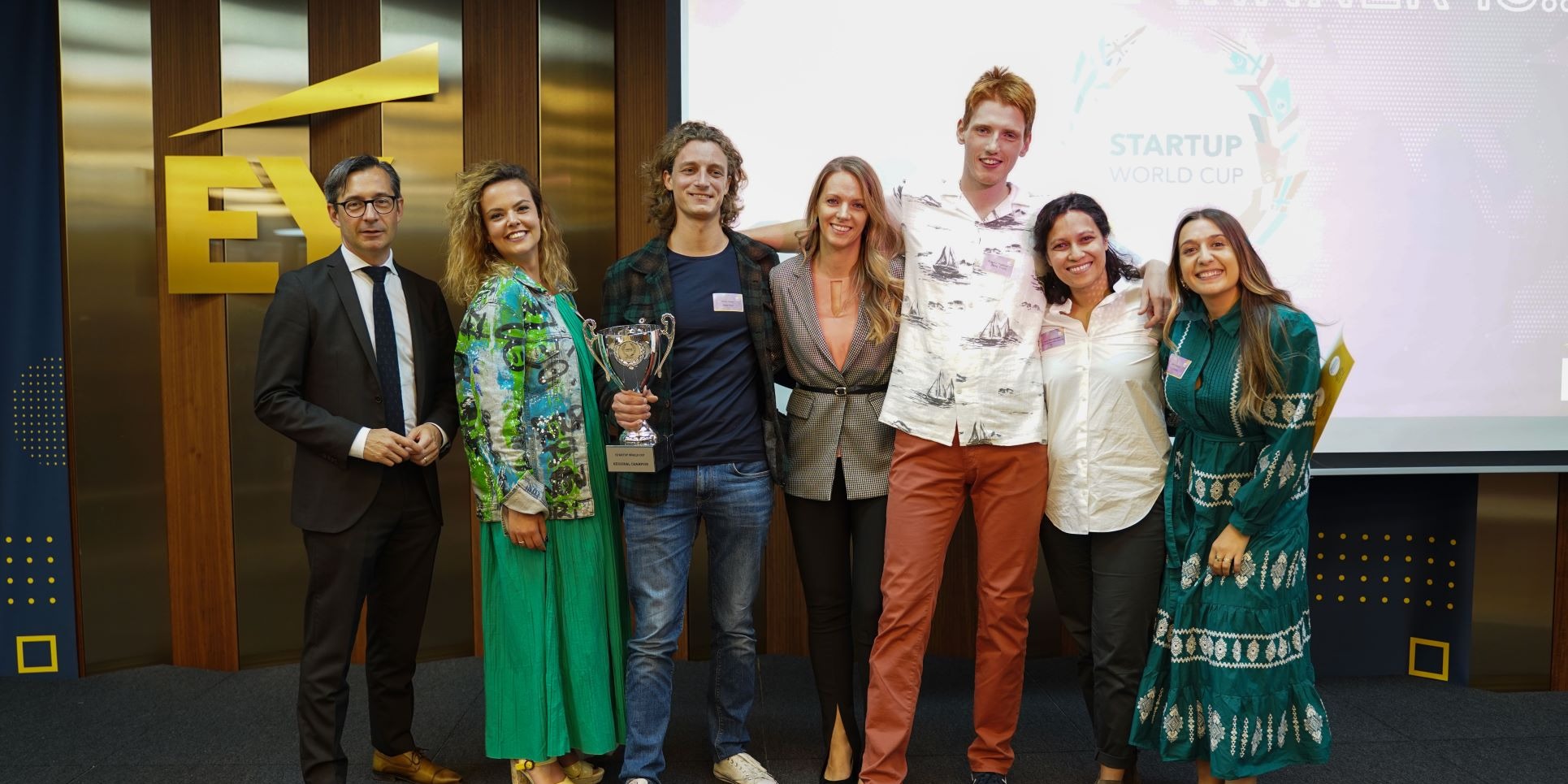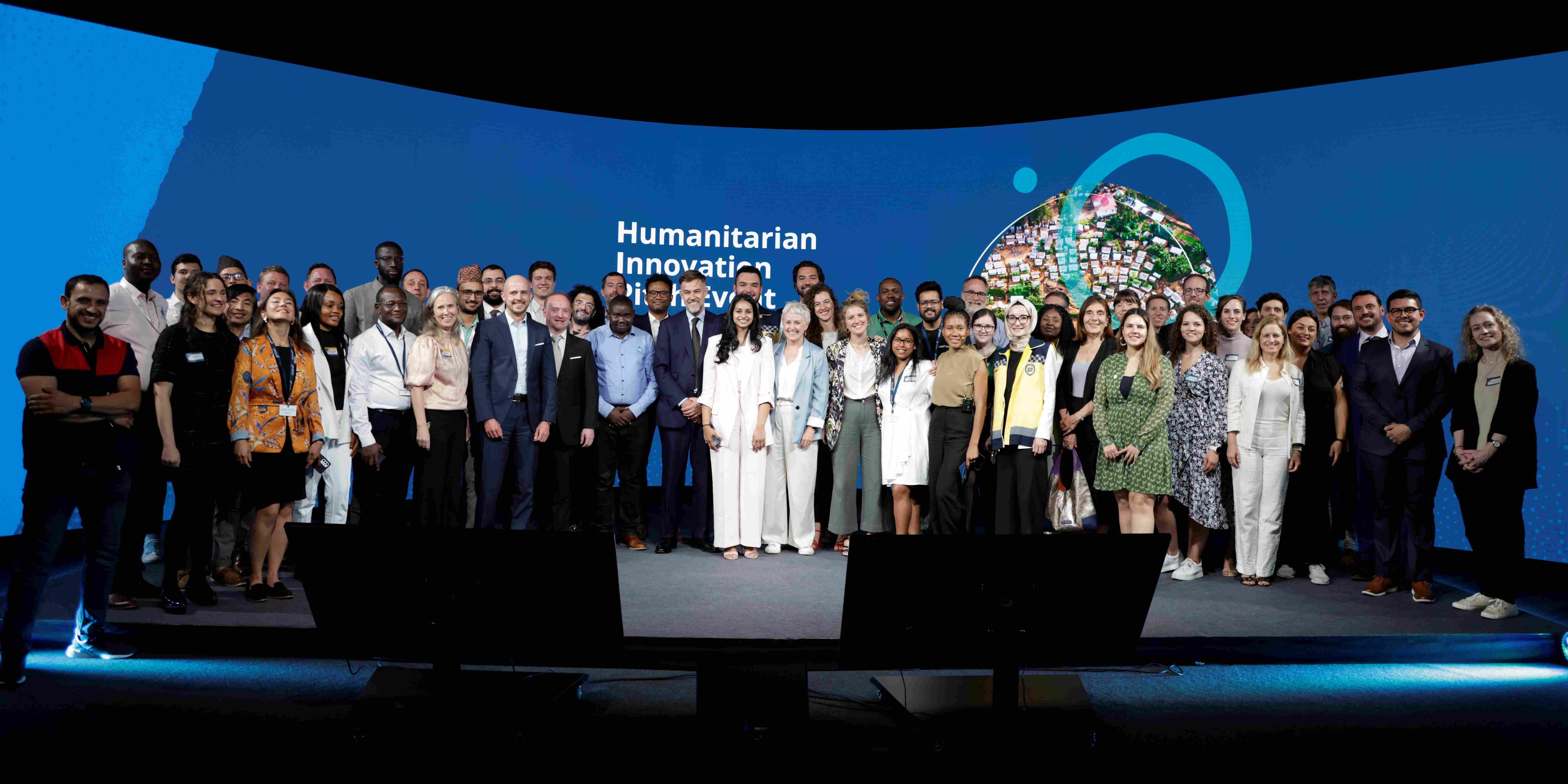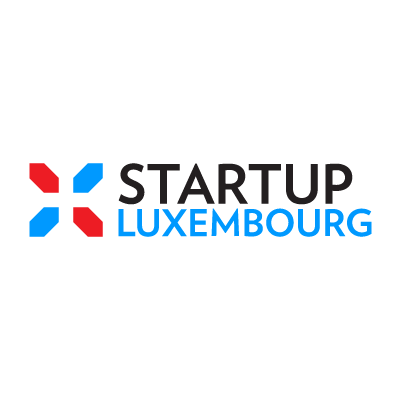When the coronavirus pandemic first hit Western Europe, Luxembourg quickly put health measures in place to protect its population. The country also launched a massive programme to safeguard the economy, followed by a range of measures aimed at stimulating innovation and helping companies become more sustainable and resilient.
Confinement, social distancing, face masks… The measures implemented in Luxembourg resemble, to a large extent, those of other countries. What stands out, however, is the determination to detect, trace and treat COVID-19 cases demonstrated by the country’s fairly unique large-scale testing programme. During its first phase, which ran from end-July to mid-September, over 307,000 residents were tested, which roughly corresponds to 50% of the national population.
The government was also quick to present a substantial economic stabilisation programme with a total budget corresponding to over 14% of the national GDP – a move that, according to Prime Minister Xavier Bettel, was made possible by Luxembourg’s “very performing economy and strong finances”. The economy actually suffered a comparatively light hit during the spring, reported national statistics agency STATEC, which also predicted this summer that it will recover from its losses quickly, with growth of 3% already in the third and fourth quarters of 2020.
Committed start-up nation
The general economic measures did not make Luxembourg lose its focus as a committed start-up nation. The country’s rapidly expanding start-up ecosystem includes some 350 dynamic young companies, many of which were strongly impacted by the economic slow-down. In order to facilitate their way through the crisis, the government increased the proportion of its subsidies for R&D-intensive young innovative enterprises that develop innovative products, services and processes from 50% to 70%.
The Ministry of the Economy, in collaboration with national innovation agency Luxinnovation, also launched a call for projects entitled “StartupsVsCovid19” that offered 15 start-ups financial support of up to €150,000 each to develop innovative technological products and services intended to limit, or even overcome, the economic, health and societal effects of the coronavirus crisis. “The responsiveness and creativity of the start-ups is a sign of a mature ecosystem that fully fulfils its role as a driver of innovation for our economy, society and healthcare system,” confirmed Luxinnovation CEO Sasha Baillie.
Innovating a sustainable, resilient future
Luxembourg clearly sees innovation as a way out of the crisis. Already in April, the government introduced financial support measures for companies carrying out research projects in fields such as drugs and treatments, medical equipment or diagnostic tools, or investments targeting the fight against COVID-19.
Ideally, the future strategies will include a more digital, circular and regional perspective.
A new law, adopted in July, provides government support aimed at substantially stimulating investment projects in the post COVID-19 era. Co-funding is available for development projects, process and organisational innovation projects, and projects focused on energy efficiency or on exceeding current environmental standards. Companies developing circular projects and solutions can count on additional support amounting to 20% of project costs – a measure that Luxembourg is the first EU country to put in place.
In order to help companies manage their way out of the crisis and develop resilient long-term development strategies, Luxinnovation and the Ministry of the Economy launched the “Fit 4 Resilience” programme. Participants receive expert support to analyse the impact of COVID-19 on their business and define how they can best reposition themselves and relaunch their activity. “Ideally, the future strategies will include a more digital, circular and regional perspective,” says Ms Baillie. “With the feedback that we receive, we will develop good practices that can be shared with all the stakeholders in the national ecosystem.”
Stay tuned!
Sign up now and receive the latest news about our ecosystem into your inbox.
You May Also Like
These Related Stories

Where will we meet in 2024?

ANote music wins regional finale of Startup World Cup




